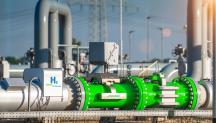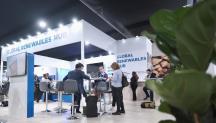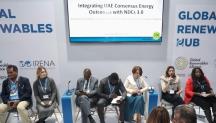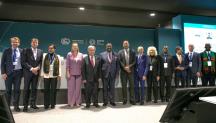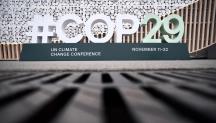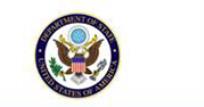
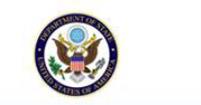
Pacific Island Countries and Territories Explore Pathways to Transform Energy Systems
Newsletter

Honolulu, Hawai’i, United States of America, 22 July 2015 – In an ongoing effort to solve the region’s significant energy challenges, Pacific Island countries and territories and development partners are meeting this week (July 21 to 23) in Honolulu to share experiences on increasing the use of renewable energy.
Key speakers will discuss comprehensive approaches to energy sector transformation, including the importance of enabling legal and regulatory frameworks, capacity building, and financing. The workshop will examine a number of Pacific case studies, such as different clean energy initiatives in Hawai’i.
The workshop is organised by the Secretariat of the Pacific Community (SPC) in partnership with the U.S. Department of State and the International Renewable Energy Agency (IRENA), and is funded by the U.S. Department of State.
“Transforming Pacific island energy system is not only about putting in more renewable energy installations. It is also about creating a conducive environment to facilitate the development and generation of renewable energy. This must go hand in hand with an innovative approach to financing and accelerating ways of utilising emerging energy sources,” the Director of the SPC’s Economic Development Division, Captain John Hogan said.
“The meeting this week also reaffirms the Pacific region’s commitment to the Framework for Action on Energy Security in the Pacific and its vision for an energy secure Pacific,” Hogan said.
“This is a positive move by Pacific Island countries and territories to take a concerted effort to work towards achieving their renewable energy targets, as presented in the Majuro Declaration on Climate Leadership,” IRENA’s Island Roadmaps Analyst, Emanuele Taibi, said. “This week’s workshop represents an important stepping stone on the road to the Paris climate talks. It contributes to the objectives of small island developing states to plan and implement their energy transition, as recommended in the recently adopted Martinique Action Plan.”
It is anticipated that by the end of the meeting, Pacific island countries and territories will have developed a better appreciation of the need for improved country capacity to deliver and sustain renewable energy. Even more important, island countries will have an expanded knowledge of pathways to hasten uptake of renewable energy opportunities.
“We are enthusiastically committed to working with partners in the region and with key partners like SPC and IRENA to help countries in the Pacific realise a better energy future that not only improves energy security by diversifying energy sources, but also boosts sustainable economic growth and a cleaner, healthier environment for all residents,” Deputy Director, Office of Alternative and Renewable Energy, U.S. Department of State, Tim Williamson, said.
Roughly 80 participants plan to add the workshop, including senior representatives from Pacific Island countries and territories energy departments, power utilities, energy regulators, academia, development partners and the private sector.

Devil’s Point Wind Farm, Efate, Port Vila, Vanuatu (3 MW)
